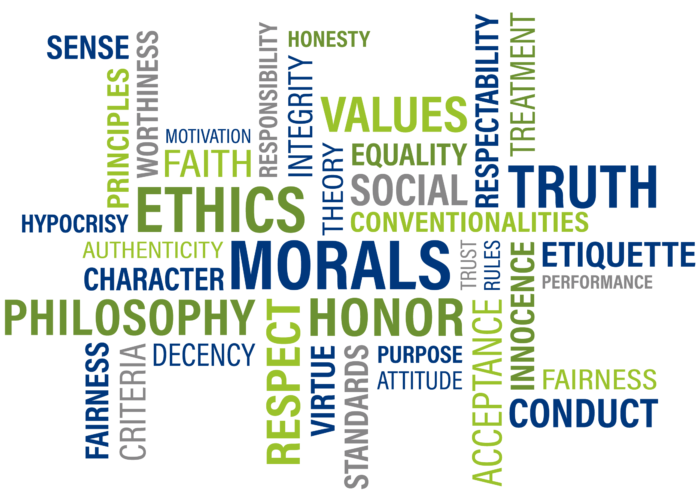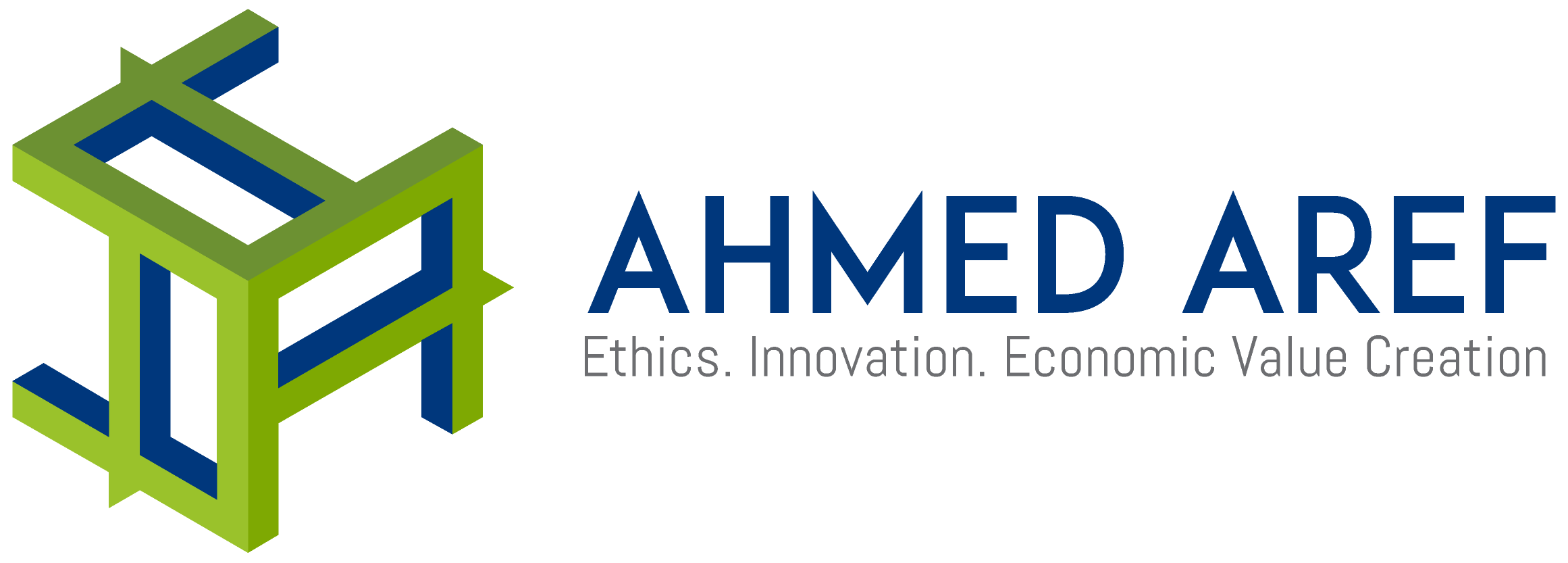
Morals and Ethics in the Workplace: Be a Wise, Satisfied Person (1/2)
Welcome back to my previous readers, and if you’re new, thanks for tuning in!
Today people use the words “ethics” and “morals” interchangeably, so let’s have a look at the real differences between them, and how they impact your personal life, as well as society.
First, let’s talk about ethics. The word ethics is used in several accounting and finance professional accreditation exams (CFA, CMA, CPA, CIA). There is an exam section called Code of Ethics, or some variation of that name, and each exam candidate must pass this section in order to graduate from their program. Most listed companies around the world have an internal code of ethical business conduct. Even institutions outside the financial arena, such as the Chartered Institute of Procurement and Supply (CIPS) have their own corporate code of Ethics.
This leads us to believe that business professionals are aware and spread the importance of ethics, doesn’t it? Now if this is true, how can Enron’s company scandal, the 2008 global financial crisis (GFC), and continuously increasing debt levels occur? The root of the problem for those examples is simple. Greed.
Maybe you’re not directly affected by Enron or the GFC, but living in western countries and the United States means you’re affected by debt. The only appropriate and moral way to deal with debt is to repay the exact amount borrowed, and not a penny more. The current practice of repaying debt with interest is prohibited in both the Bible and the Qur’an, and both books warn that there will be repercussions for such immoral practices.
Increased debt levels are an inherited burden inflicted on our future generations. How are they meant to succeed under such unfair circumstances?
Have ethics done us any good? Do we even know what ethics are? What should we be doing in our personal and business lives moving forward? Do we continue in this way that clearly isn’t working, or do we revolutionize our thinking and behavior?
Let’s shift our thinking from ethics to morals. The first step to implement this change in mindset is recognizing the difference between ethics and morals. The term ethics refers to choices, and decisions based on an individual’s understanding of right and wrong. Morals are, on the other hand, focused on the rights and wrongs according to a societal norm, or the generally shared opinions of a community. Ethics are basically each person’s own assessment, whereas morals and morality are tied to the assessment and thinking of a group or community. Morals go hand in hand with conscience. Conscience shapes, influences, and guides us. It’s that feeling we get when having someone to answer to, that there are repercussions to our actions.
Considering what was just discussed, recognition of others is thus a moral issue, and it should reflect universal agreement. The world is filled with a multiplicity of cultures, traditions, opinions and ways of life and people are exposed to and capable of accessing this information with the touch of a keyboard thanks to the media and Internet. So is it ethics or is it morals? Which will prevail? These so-called ethical codes are man-made and though well intended, haven’t achieved what they were meant to.
In order to succeed in our lives, achieve justice and to have social impact we need our creator support and guidance. That’s why I believe we should strive to change ourselves first and accordingly our societal values. This goes in line with GOD words “Allah does not change what is in a nation unless they change what is in themselves” (13:11)
Going forward, I think we should opt for a universal consensus for morals which we’ll discuss in part two of this article.
